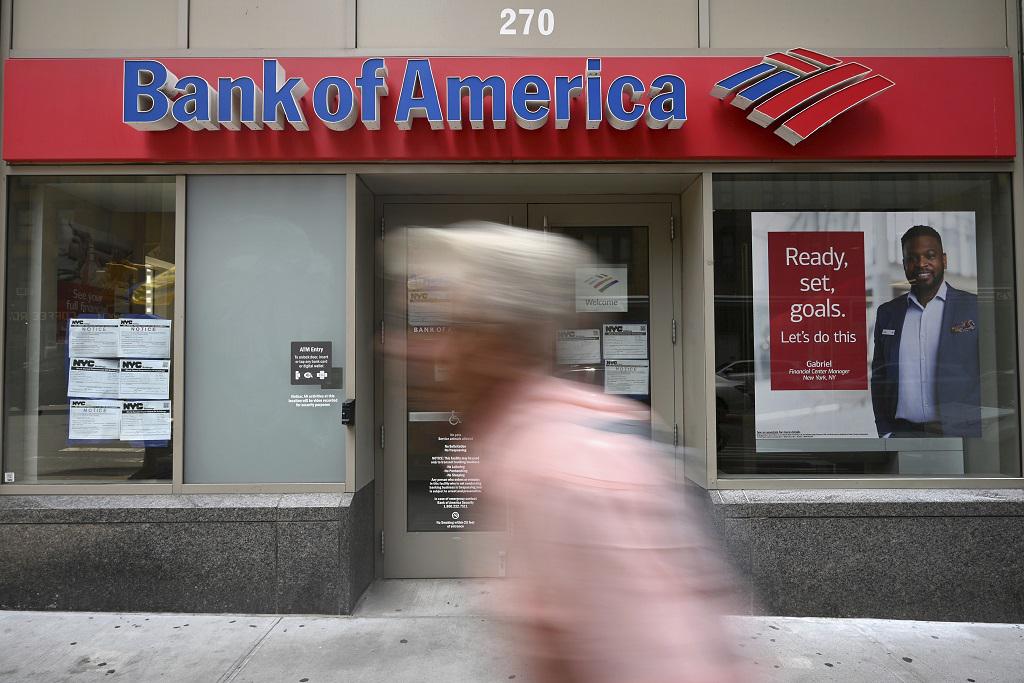The Misconception of Financial Literacy in Marginalized Communities
As “Financial Literacy Month” concludes, there’s a recurring theme of advice directed at Black, brown, and economically disadvantaged communities to “pay down your credit cards,” “check your credit score,” and “save for a rainy day.” These groups are often already acutely aware of the challenges of credit card debt and the importance of savings and high credit scores. What they truly need is access to financial resources and services that promote their financial well-being and protect their limited funds from being siphoned off by unfair practices.
The Reality of Banking Inequality
In California, nearly 30% of Black and Latinx residents either don’t have a bank account or rely on high-cost payday lenders and check cashers. Banks in these communities often require higher minimum balances to avoid fees, which exacerbates existing income disparities by forcing people to keep more money in their accounts, restricting their ability to use it effectively. This structural inequality underscores the need for financial services that cater to the specific needs of these communities, rather than perpetuating their financial struggles.
The Promise of CalAccount
In response to these issues, California is developing CalAccount, a publicly sponsored, privately managed banking option aimed at providing fee-free financial services. CalAccount would allow residents to manage their money without worrying about overdraft fees, monthly service charges, or minimum balance requirements. This initiative, supported by Governor Newsom and overseen by State Treasurer Fiona Ma, promises a more equitable financial landscape for all Californians, ensuring access to essential banking services without the burden of exploitative fees.
Challenges with Traditional and Fintech Banking
Despite some progress, such as banks reducing overdraft fees due to competition from fintech companies, these solutions are not sufficient. Both traditional banks and fintech firms often replicate discriminatory practices like redlining, and fintech companies have been known to close accounts abruptly without justification. This highlights the need for reliable, non-discriminatory financial services like CalAccount, which can offer a stable and fair banking option.
A Step Towards Financial Equity
CalAccount represents a significant step toward financial equity, ensuring that all Californians can access their wages and public benefits without incurring fees. This initiative is crucial, especially as federal regulations on overdraft fees face opposition from banks. By providing a fee-free alternative, CalAccount can help mitigate the financial exploitation that disproportionately affects Black, brown, and economically disadvantaged communities.
The Importance of Public Banking Options
Public banking options like CalAccount, public banks, and postal banking are essential to providing fair financial services to marginalized communities. While banks have the potential to play a positive role in the economy, their current products and services often exploit rather than assist poor and marginalized people. Ensuring access to basic financial services through public options can help level the playing field and promote economic justice.
Conclusion: The Need for Fair Financial Alternatives
Marginalized communities already possess financial literacy skills, as they navigate paying multiple bills on unpredictable incomes and manage discrimination in both the marketplace and the workplace. The pressing need is for fair and affordable financial alternatives that protect their limited resources and support their financial stability. Initiatives like CalAccount are vital in creating a more inclusive and equitable financial system for everyone.

